
What Was It About?
Topics of the seminar included fundraising, public relations, management, communication with governments and coalition building.
When and Where?
The Think Tank School took place on October 20-22, 2011 in Bazaleti, Georgia.
Program
Day 1. October 20, 2011 Why Liberty?
14:00–15:00 Introduction session (Ruta Vainiene, Lithuanian Free Market Institute)
15:00–15:40 The world you are going to work in (Paata Sheshelidze, New Economic School – Georgia)
15:40–16:20 Methods and means of a think tank. What do policy-advocacy think tanks / grassroots organization / education centers do every day? From theory to practice (EditaMaslauskaite, Lithuanian Free Market Institute)
16:20–16:40 Break
16:40–17:40 Test (Paata Sheshelidze, New Economic School – Georgia)
17:40–18:20 Why do ideas of Liberty matter? (TBC)
18:20–19:00 Discussion
19:00 Dinner
Day 2. October 21, 2011, Methods and means
09:00–09:40 Why do ideas of Liberty matter? (Frederik Cyrus Roeder, European Students For Liberty)
09:40–10:40 Establishing a think tank. What I did and how (Paata Sheshelidze, New Economic School, Georgia)
10:40–11:00 Break
11:00–12:00 Workshop
12:00–14:00 Lunch
14:00–15:00 Effective structure of a think tank. Managing and coordinating the work of a think tank (Ruta Vainiene, Lithuanian Free Market Institute)
15:00–16:00 Theory and practice of managing and coordinating the projects (Management of big budget projects, managing networks) (Gia Jandieri, New Economic School, Georgia)
16:00–16:20 Break
16:20–17:30 Workshop
17:30–18:30 Developing a communication strategy (Matthew Elliot, The TaxPayers’ Alliance, UK)
19:00 Dinner
Day 3. October 22, 2011 How to sell it?
09:00–10:00 Selling to interest groups. Relations with politicians, academia etc. (Gia Jandieri, New Economic School – Georgia)
10:00–11:00 Selling to media and general public (Ruta Vainiene, Lithuanian Free Market Institute)
11:00–11:20 Break
11:20–12:30 Workshop
12:30–14:00 Lunch
14:00–15:00 Selling to sponsors. Faith, fundraising and techniques (Matthew Elliot, The TaxPayers’ Alliance, UK)
15:00–16:00 Experience of think tank: annual gifts, direct relations, online fundraising, dilemma of public funds (Edita Maslauskaite, Lithuanian Free Market Institute)
16:00–16:20 Break
16:20–17:30 Workshop
17:30–18:30 Evaluation session (Edita Maslauskaite, Lithuanian Free Market Institute)
19:00 Farewell dinner
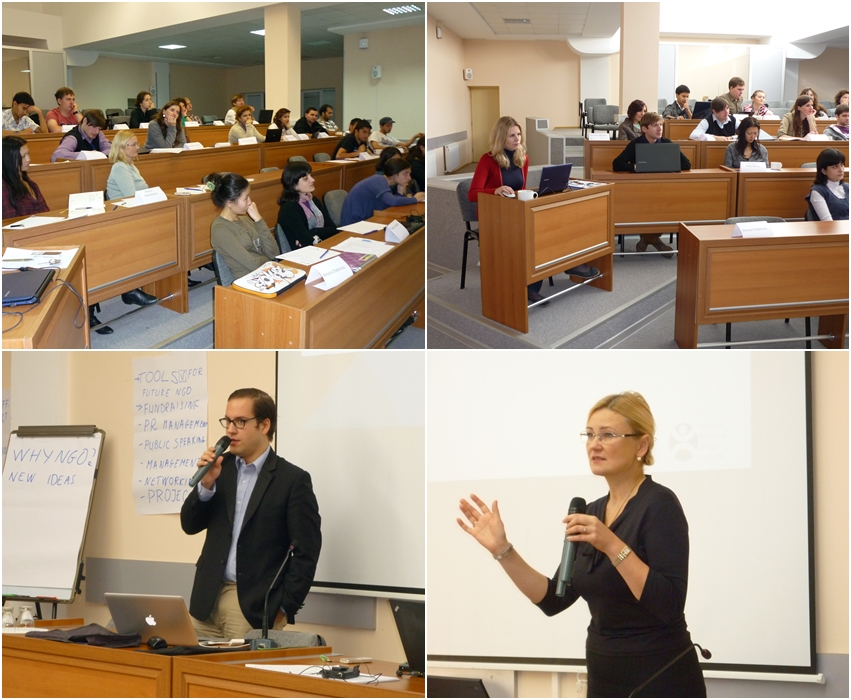
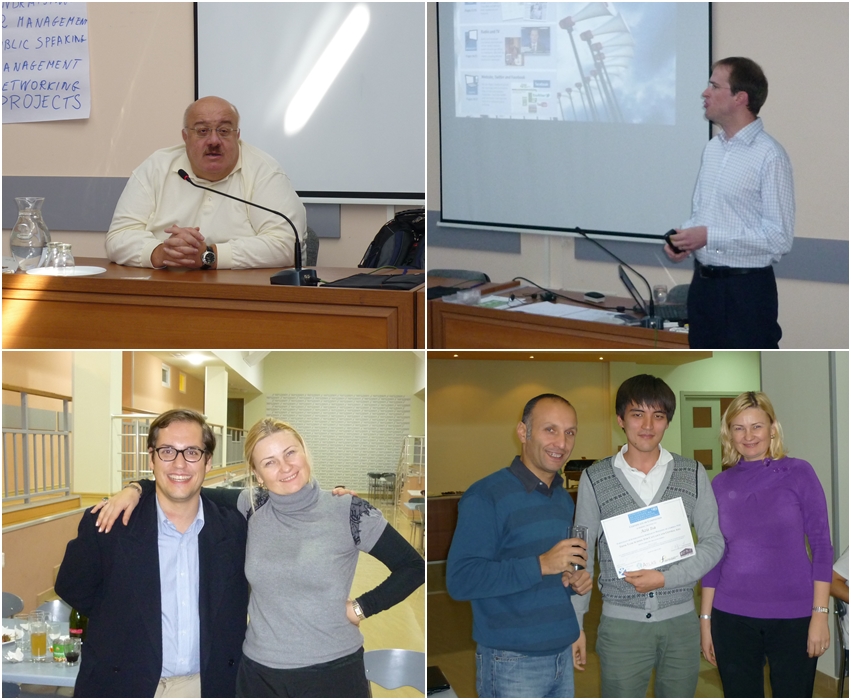
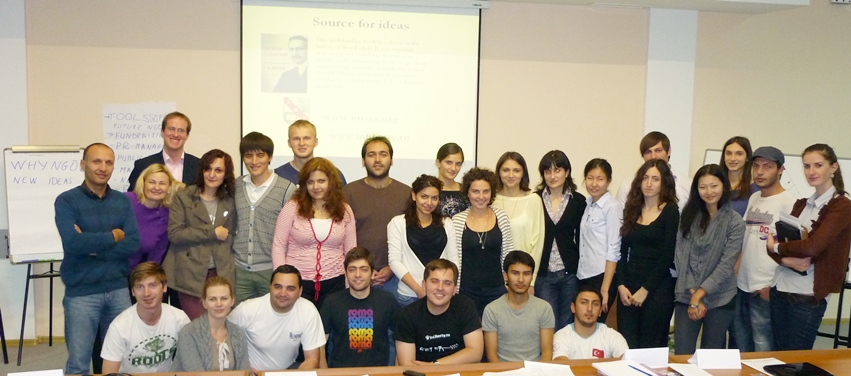
The Trainers
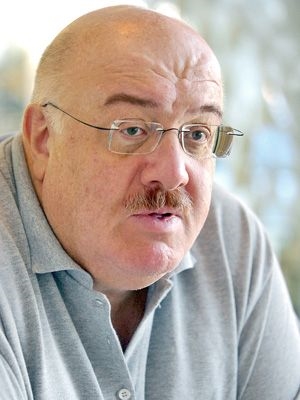 Kakha Bendukidze, Free University
Kakha Bendukidze, Free University
Kakha Bendukidze is in 1990s the Russian businessman, in second half of 2000s the designer of the Georgian reforms, and currently the founder, the main sponsor and the chairman of the Private Free University in Tbilisi. He is also known as a committed libertarian and strong supporter of market economy, deregulation and privatization.
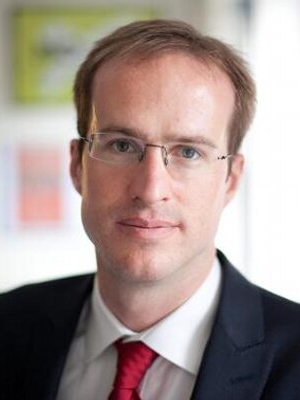 Matthew Elliot, Taxpayers’ Alliance
Matthew Elliot, Taxpayers’ Alliance
Matthew Elliot is the chief executive of the TaxPayer’s Alliance (TPA). He recently co-authored the book, The Bumper Book of Government Waste, which sold 20,000 copies. In an effort to provide positive incentives for politicians to lower taxes and carry out other sound policies the TPA provides polls, advocacy and media exposure. Their group now has 15,000 supporters at the grassroots level advocating for reform and lower taxes!
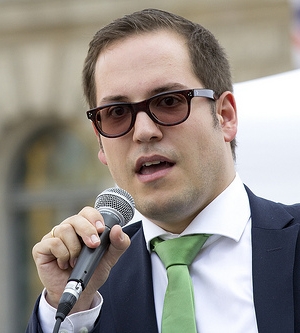 Frederik Cyrus Roeder, European Students for Liberty
Frederik Cyrus Roeder, European Students for Liberty
Frederik Cyrus Roeder is Managing Director of the management consulting firm Healthcare Solutions and Visiting Professor at the Lithuanian University of Health Sciences. He studied business and health economics in Germany, Slovenia and China. Frederik Roeder is member of the Executive Board of Students For Liberty and Co-initiator of European Students For Liberty.
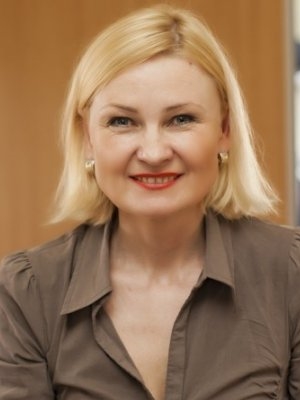 Rūta Vainienė, Lithuanian Free Market Institute
Rūta Vainienė, Lithuanian Free Market Institute
From 2008 Rūta Vainienė is president of the Lithuanian Free Market Institute. She has worked at LFMI since its inception in 1990. From 1999 until May 2004 Rūta led LFMI‘s research team. Ms. Vainienė has provided a marked input to developing conceptual frameworks for monetary, banking, tax and deregulation reforms. She was a member of governmental task forces preparing a legal and institutional basis for the securities market, commercial banking, and the monetary system.
Since January 2006, Rūta Vainienė is F. M Sands Fellow in Political Economy at the Centre for Global Economic Growth of Freedomworks Foundation.
 Gia Jandieri, Vice-President, New Economic School
Gia Jandieri, Vice-President, New Economic School
Gia Jandieri is Vice-President of the New Economic School – Georgia. He graduated from the Georgian Polytechnic University and also Tbilisi State University. He worked for Parliament, the Central Election Commission, the Chamber of Control and then at OSGF and NES-G.
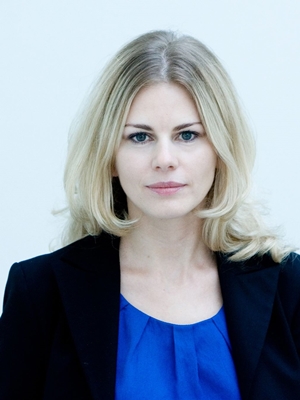
Edita Maslauskaitė, Lithuanian Free Market Institute
Edita Maslauskaitė joined LFMI in 1999. In May 2006 she was appointed vice president to head LFMI’s fundraising and administration. Since 2002 she has served as development officer. Until then she worked as public relations officer and administrator. Edita Maskauskaitė is responsible for developing and maintaining contacts with LFMI‘s supporters and the business community. She is also responsible for the Institute’s administrative affairs.
Edita holds an MA in business administration from Vilnius Gediminas Technical University. In 2004 she did an internship with the Centre for New Europe, a leading free-market think-tank in Brussels.
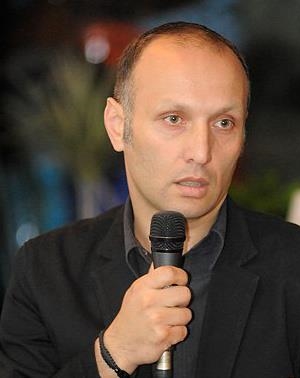 Paata Sheshelidze, President, New Economic School
Paata Sheshelidze, President, New Economic School
Paata Sheshelidze graduated from Tbilisi State University (Georgia), with a Master’s degree in Macroeconomics. He has been involved in a number of national and international projects. Mr. Sheshelidze worked for the Ministry of Finance, Parliament, the Road Foundation, and for other institutions. His main area of expertise is macroeconomics with a focus on monetary policy, institutional frameworks and public finance management. Mr. Sheshelidze was also involved in developing basic models for education, pension systems, waste management, public management, public finance and monetary reforms.